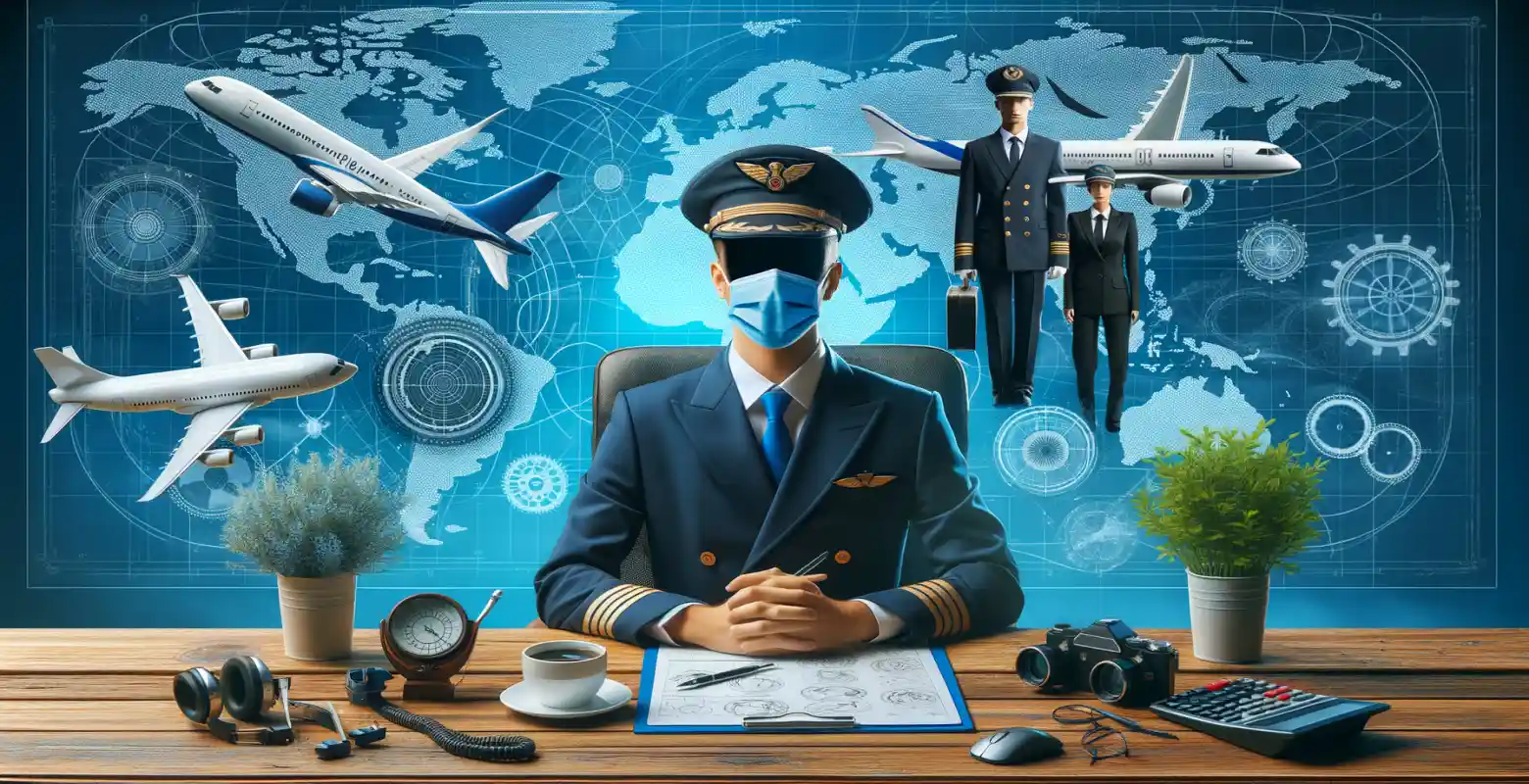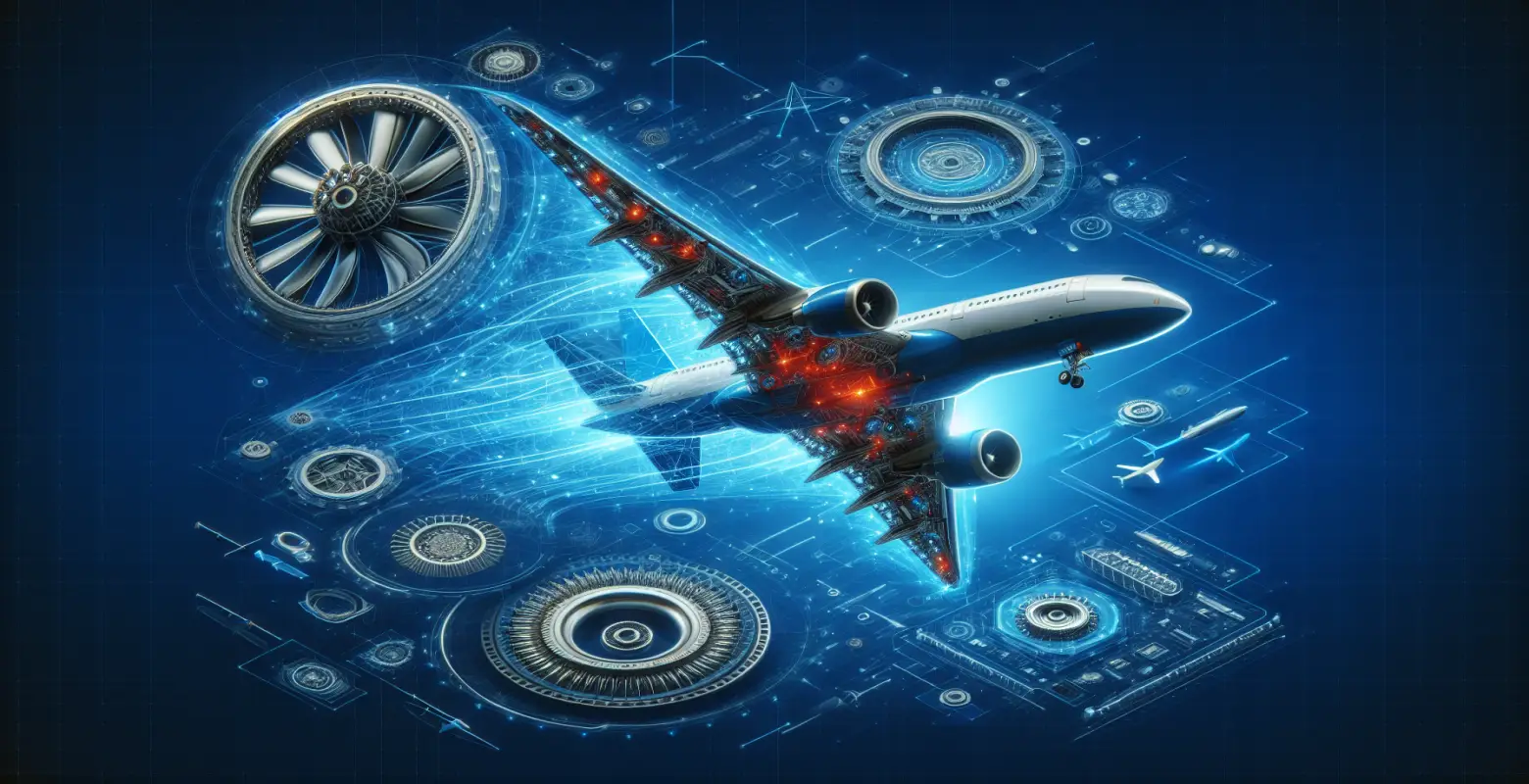The most sought-after professions in the aviation industry in 2025
Introduction
The aviation industry is one of the most dynamically developing sectors in the world. As technology continues to advance and travel becomes increasingly accessible, the demand for skilled professionals in this field is growing. Anyone who follows market trends knows that some professions become more sought after than others. In this post, we will look at which jobs in the aviation industry will be most sought after in 2025. We will learn why they are so important, what skills are required, and what challenges and opportunities lie ahead for professionals in this field.
Commercial Airline Pilot
One of the most prestigious and sought-after professions in the aviation industry is a commercial airline pilot. With the growing number of passengers and flight routes, the demand for qualified pilots is greater than ever. They are required to have not only excellent technical skills but also the ability to make quick decisions in crisis situations.
It is worth noting that according to the International Air Transport Association (IATA), the number of passengers is expected to reach 4.5 billion by 2025. This means that airlines will need to increase their crews to meet the growing demand. Additionally, an aging pilot workforce means that many job openings will arise due to retirement.
Aerospace Engineers
Aerospace engineers play a crucial role in designing, building, and maintaining aircraft. Their task is not only to ensure the safety of the structures but also to strive for innovations that will increase efficiency and reduce environmental impact.
In recent years, the importance of sustainable development has been growing, leading to a demand for engineers capable of working on more environmentally friendly solutions, such as aircraft powered by alternative energy sources. By 2025, engineers are expected to not only possess technical knowledge but also skills in new technologies and materials.
Aviation Security Specialists
Safety in aviation is a priority for all airlines and airports. Aviation security specialists analyze risks, implement security procedures, and train personnel. In the face of increasing cybersecurity threats and global challenges related to terrorism, their role is becoming increasingly important.
According to an ICAO report, the number of aviation security-related incidents has increased by 15% over the past decade. Therefore, security specialists must stay up to date with the latest technologies and defense strategies. In 2025, their tasks will also include integrating advanced AI systems for monitoring and predicting potential threats.
Air Traffic Controllers
Air traffic controllers play a key role in ensuring the safety and efficiency of air traffic. They are responsible for coordinating take-offs and landings, as well as managing airspace traffic. As the number of flights increases and airspace becomes more crowded, their work becomes more demanding.
By 2025, it is predicted that air traffic controllers will need to use advanced traffic management systems to help them make quick and accurate decisions. Automation and the use of AI will be crucial in optimizing their work, but they will not replace human intuition and experience.
Aircraft Maintenance Technicians
Aircraft maintenance technicians ensure that aircraft are properly prepared for flight. Their duties include refueling, loading baggage, and technical inspections. With the increasing number of flights, their role becomes increasingly important for ensuring the smooth operation of aviation.
In 2025, technicians will need to be even more flexible and versatile as they are expected to work with increasingly advanced technologies. Knowledge of the latest diagnostic systems and the ability to quickly solve technical problems will be crucial for their effectiveness.
Drone Traffic Management Specialists
With the development of drone technology, there is a growing demand for specialists in managing their traffic. Drones are increasingly used in transporting goods, inspecting infrastructure, and rescue operations. Managing their traffic in airspace requires a new approach and specialized knowledge.
In 2025, specialists in this field will not only monitor drone traffic but also integrate their actions with traditional air traffic. Knowledge of aviation law, GPS technology, and automation systems will be essential for efficient drone traffic management.
Challenges and Trends
Professions in the aviation industry are constantly evolving, bringing new challenges. One of them is the need for continuous skill improvement in the face of rapid technological progress. Additionally, globalization and changing international regulations require professionals to be flexible and ready to adapt.
Among the trends that will shape the future of the aviation industry, it is worth mentioning the development of ecological technologies, process automation, and the increasing importance of artificial intelligence. These changes will require new skills and approaches but will also offer new opportunities for those who are willing to adapt.
Summary
In 2025, the aviation industry will require its employees to have not only specialized knowledge but also the readiness for continuous development and adaptation to a dynamically changing environment. The most sought-after professions, such as pilot, aerospace engineer, or drone traffic management specialist, will be crucial for the further development of the sector. It is worth investing in education and skills development to meet future challenges and seize upcoming opportunities.






Number of comments: 0